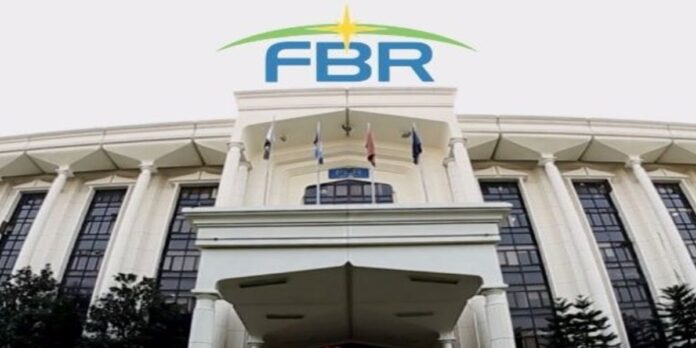ISLAMABAD: Finance Minister Shaukat Tarin will on Friday will launch the Federal Board of Revenue’s (FBR) National Sales Tax Return (NSTR) in a bid to built further on the government’s ongoing drive for digitisation to facilitate taxpayers, promote ease of doing business (EODB) and reduce compliance costs.
“This has been one of the key recommendations of international agencies such as the World Bank and IMF,” a statement released by the FBR said.
The system was developed after discussions with provincial governments and their revenue authorities following which feedback from other stakeholders, including taxpayers and tax practitioners was incorporated. The digital facility will simplify tax filing procedures and thereby save compliance costs.
The tax department’s statement added: NSTR will minimise data entry, which will address the common issues of data and calculation errors. The system will automatically apportion input tax adjustment as well as tax payments across the sales tax authorities, eliminating the need for reconciliations and payment transfers. Through this system, officers of all the revenue authorities will be able to make better informed decisions regarding matters of the taxpayers. It will enable tax collectors to improve revenue potential and tax compliance without audits.
Likewise, another benefit of this system is that it will encourage harmonisation of tax procedures, definitions and principles between the federal government and the provinces, which ensure cohesion.
In Pakistan, sales tax on goods is collected by the FBR while sales tax on services is collected by each of the four provinces in their respective territory. Sales tax on services in the federal capital is also collected by FBR, while Azad Jammu and Kashmir (AJK) and Gilgit Baltistan (GB) have their own tax authorities.
For this reason, taxpayers were required to file separate sales tax returns every month to each of the different collecting authorities where they conducted business, which was causing them hardship and increased compliance costs.
For example, a telecommunication service provider operating throughout Pakistan had to file returns every month to FBR, Sindh Revenue Board, Punjab Revenue Authority, Khyber Pakhtunkhwa Revenue Authority, Balochistan Revenue Authority, AJK Council Board of Revenue and Gilgit-Baltistan Revenue Authority. This was a very tedious and cumbersome task, which often led to errors and disputes.
Keeping the above in view, this milestone initiative is going to contribute significantly to not only maximising revenue potential but also eliminate the culture of fake invoicing and suppression of sales, thereby ensuring tax compliance across Pakistan.





Thank you for the post on your blog. Do you provide an RSS feed?